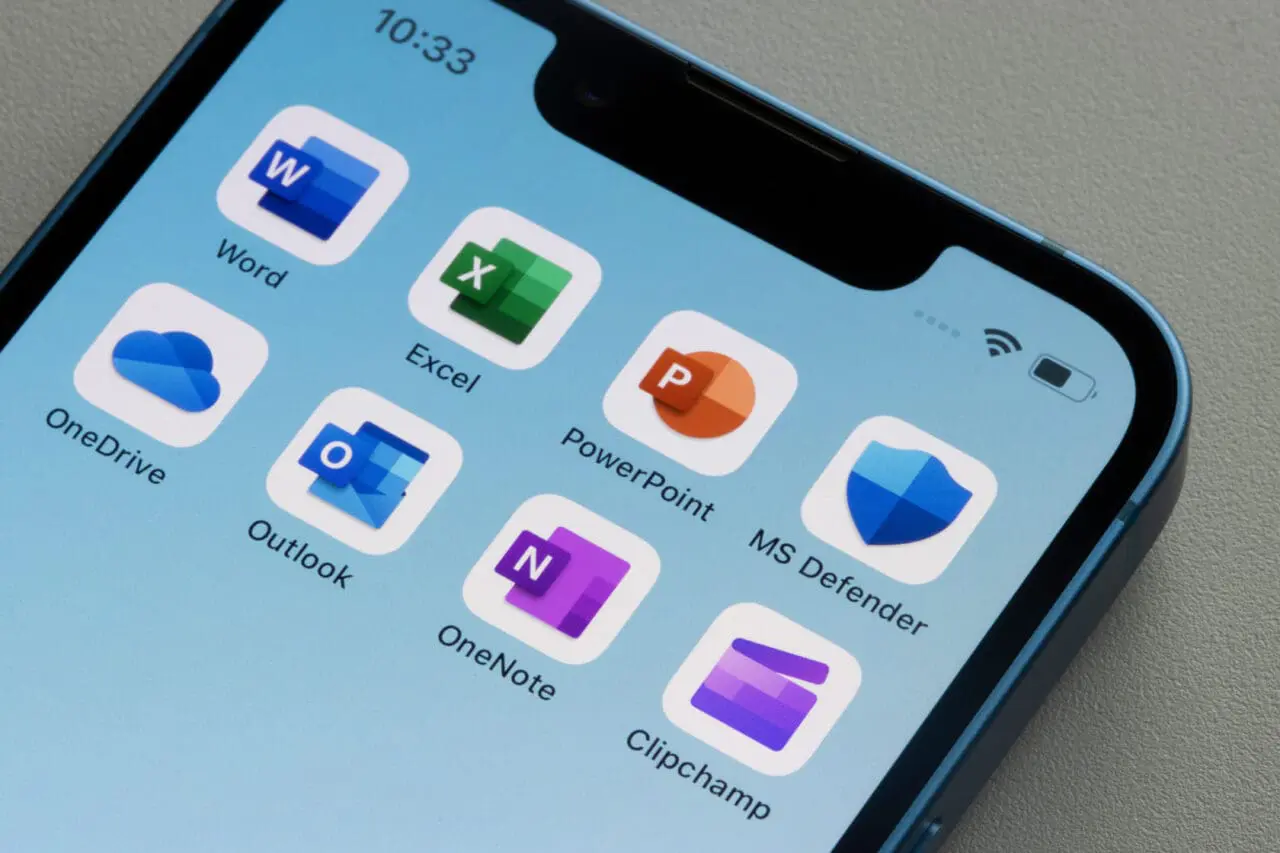

Microsoft’s announcement that they will soon be integrating the AI large language model (LLM) Copilot into their MS 365 platform is likely to have a major impact on businesses in the near future. The use of artificial intelligence and natural language processing technology has been growing steadily, but this integration into a popular office suite will make it easier than ever for businesses to use these technologies.
Microsoft announced last week that it will soon be adding Copilot to Microsoft365. Copilot is an AI large language model (LLM) and natural language conversational chatbot that can give the same human-like responses to questions as OpenAI’s Chat GPT can. Once integrated, Microsoft 365 (there’s no news of when that will be yet) users will be able to type instructions into (and ask questions via) the ‘Business chat’ text field – like the text field in ChatGPT
Microsoft says that Copilot will be integrated in the most popular Microsoft 365 apps – Word, Excel, PowerPoint, Outlook, Teams. This will mean that, with the use of normal language typed text prompts, be able to carry out tasks like:
– Writing/re-writing, sourcing, and editing documents in Word, just as you might write a piece using ChatGPT, thereby saving hours.
– Use Copilot to make meetings in Teams more productive e.g., by asking Copilot to summarise the key discussion points e.g., who said what, where people are aligned and where they disagree and suggest action items, all in real time during a meeting. Copilot will also be able to recap meetings and send you the notes afterwards.
– Creating whole PowerPoint presentations from a simple text prompt and adding any relevant content from other documents.
– Analysing trends and create summaries and graphs of data in Excel.
– Making it much faster for users to clear their inbox in Outlook, e.g. by drafting emails and analysing long email threads in seconds.
– In short, Microsoft sees Copilot as major value-adding USP for its Office suite and is highlighting the time-saving, productivity-potential for users.
OpenAI’s GPT-4 language model, a successor to the original GPT-3, is an even more powerful AI technology. It has been designed to amplify human creativity by helping it comprehend and generate more natural language. In addition to Copilot, OpenAI’s GPT-4 could help businesses create better customer service applications that understand requests in natural language and respond with intelligent answers.
OpenAI’s GPT-4 is also likely to be integrated into MS 365 alongside Copilot in the near future. This will bring even greater potential for businesses to leverage its power for their own projects. With GPT-4, developers can now create applications that are able to interpret complex concepts and quickly generate responses in natural language–something that was previously impossible.
Google has not yet responded publicly to Microsoft’s announcement about Copilot integration into MS 365. However, one can assume that Google will likely be working on their own large language model technology in order to remain competitive with other players in the market. In fact, it seems inevitable that large language models like Copilot and GPT-4 will become more widely adopted in the near future, as they unlock new possibilities for businesses and developers alike.
Overall, Microsoft’s decision to integrate Copilot into MS 365 is a major boost for artificial intelligence (AI) technology and its potential applications in business settings. It could potentially revolutionize customer support processes at many companies, while also giving developers access to powerful natural language processing tools. And with OpenAI’s GPT-4 likely to follow suit soon, the future of AI looks very bright indeed.
Although there were already chatbots out there, the release of ChatGTP and its game-changing success was really just the opening of the AI chatbot revolution which looks likely to be the next big leap in computing and business. As Microsoft CEO Satya Nadella puts it (with reference to Copilot) “we are at the start of a new era of computing” and as Microsoft’s Jared Spataro says, “Copilot marks a new era of computing that will fundamentally transform the way we work.” AI language models are now being released thick and fast, both through APIs so developers can make new, much more powerful apps, embedded in search engines and across productivity suites (Google and Microsoft), and as online chatbots for all end users. ChatGPT is already onto its next big chatbot upgrade with GPT-4. For businesses, all this will mean increased leverage and productivity, time and cost savings, better business insights, and being able to harness new value adding powers that can transform work and outcomes. We are still at the beginning of an AI revolution that holds a lot of promise for businesses going forward.
This website uses cookies to improve your experience. Choose what you're happy with.
Required for the site to function and can't be switched off.
Help us improve the website. Turn on if you agree.
Used for ads and personalisation. Turn on if you agree.
This website uses cookies to improve your experience. Choose what you're happy with.
Required for the site to function and can't be switched off.
Help us improve the website. Turn on if you agree.
Used for ads and personalisation. Turn on if you agree.